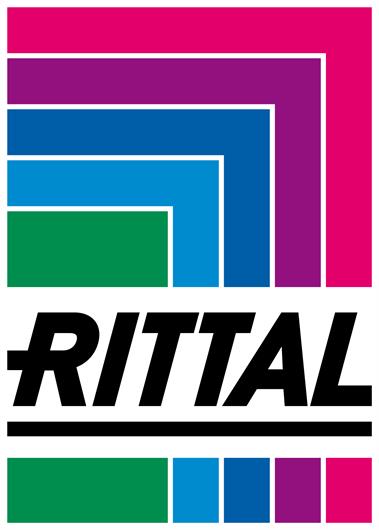 Add My Company
Add My Company
Sign In
Don’t Get Lost in the Fog
17-07-2017

Cloud computing offers processing power and storage capabilities that few organisations can match, and for a relatively low cost. Indeed, there are those who believe one day, all our computing will reside in the cloud.
However, there is a pressing issue with cloud computing and that is bandwidth which is why there is a new acronym in town – FOG computing, which is inclined towards an element of local processing and storage. What’s more, it builds greater resilience into the system and gives greater protection to the most sensitive data. Its growth is fuelling demand from businesses for smaller, five-rack systems.
Sending and retrieving data from a one computer to a remote server is subject to a delay known as latency, which is typically measured in milliseconds. In a world which is based on mass connectivity, latency (and therefore bandwidth) is a critical issue. If an app or website doesn’t load in seconds, users will go elsewhere.
Bandwidth overload
The internet of things (IoT), describes an environment where ever-increasing numbers of devices (from the plant manufacturing line to a household fridge) have embedded sensors and computers, all of which are collecting and processing data and sending it to the cloud for storage.
But, as the IoT gathers pace, an ever-increasing number of devices are becoming internet-enabled, which means millions of machines, gadgets and household items are sending small packets of data to the cloud every second of the day. The speed at which the data travels is dictated by the bandwidth and it is increasingly becoming overloaded. This limitation in the system is illustrated by the exploits of cyber attackers. They task networkable devices to send massive amounts of data to websites, effectively blocking them.
However, anyone whose business is totally dependent on the cloud needs full connectivity without internet interruption or downtime.
What is FOG?
The principle of fog is quite simple – it describes temporary storage and processing capability closer to home/the application.
Barry Maidment, IT Sales Manager, Rittal South, advises: “Essentially, fog computing is a relatively small computer that gathers, caches, and feeds data into and out of the giant servers in the cloud. The term “fog” was apparently coined because it describes something closer to the ground and nearer the application. The “cloud” by contrast is a distant facility.
“Smartphones are a good example in that they rely on the cloud while our increasingly dependency on them means they are constantly looking for and retrieving data. Unfortunately, 3G and 4G cellular networks cannot transmit data to the cloud at the speed it is generated, so smartphones offer some local storage and processing power.”
Fog is also likened in some quarters to RAM in a PC or laptop – data on it can be accessed randomly and at a great speed by the processor. RAM caches data before depositing it onto the hard drive. The processor can get on with its job and the computer gets faster with more RAM.
The same concept applies to fog – data processing is faster when a business has local storage facilities, near the IT application. When time is available, it then passes the consolidated data to the main cloud.
Fog Builds Resilience
For a larger application, such as a factory, fog computing typically describes five or six racks on the premises which pass data to the cloud periodically rather than as a constant stream.
Barry advises: “The great advantage of fog, particularly for business critical functions, is that if your connection to the internet goes down and contact is lost with the cloud, you can still function as a business. It builds resilience into the system.
“So even if you place the majority of your data in the cloud, it’s unlikely that you’ll turn off all your IT. You’ll still need some IT close to your premises.”
Rittal is now installing more small, five-rack systems being installed to handle local processing and the growth of IoT. Not only does this reduce latency, it means a business’s most sensitive data can be more securely stored and resilience is improved.
And as more and more data is collected, analysed and processed through IoT, so the need for fog computing will increase.
For more information on Don’t Get Lost in the Fog talk to Rittal Ltd
Enquire Now
List your company on FindTheNeedle.

